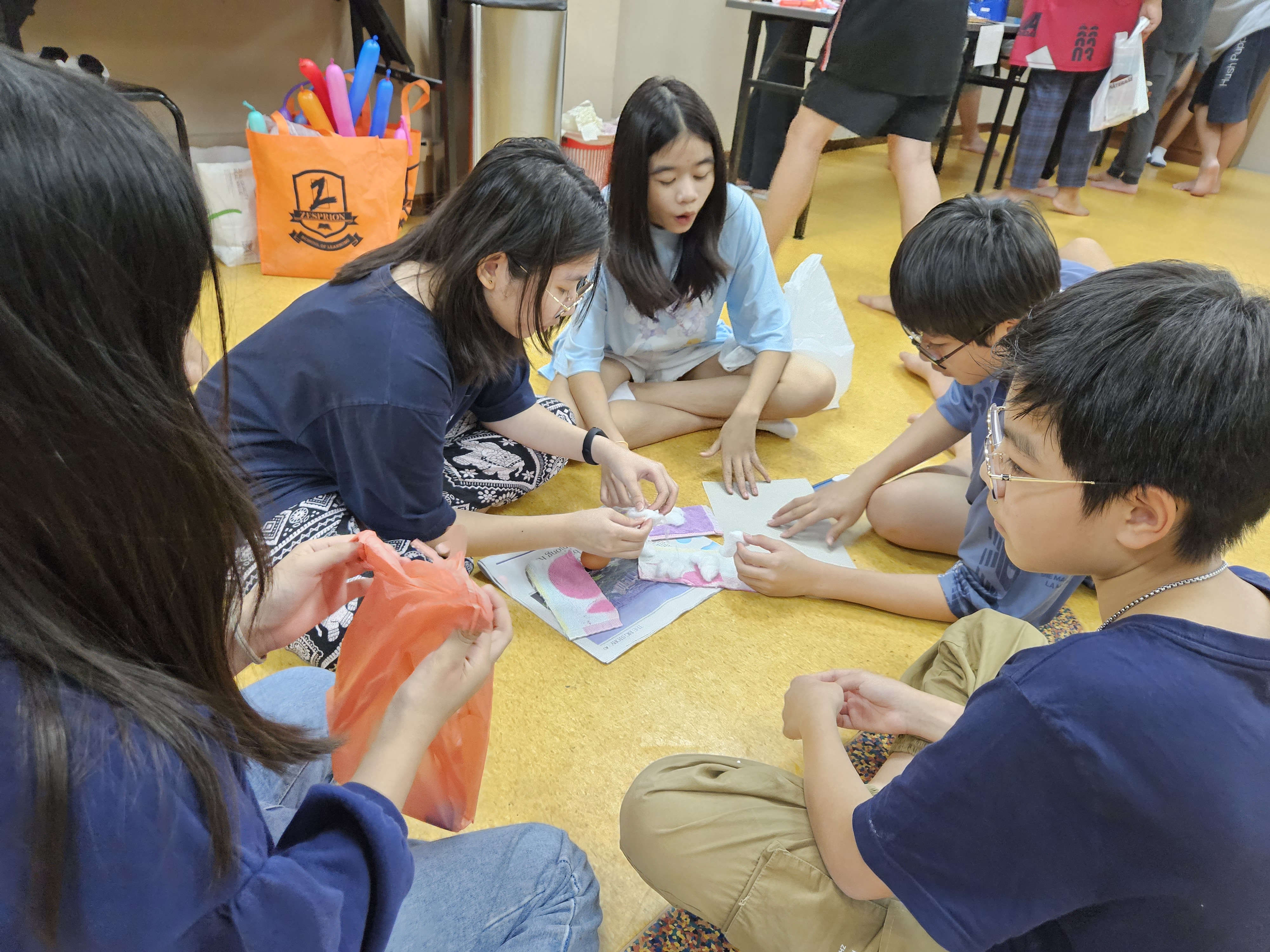Collaborative learning means students working together to solve problems or complete tasks. It is learning through cooperation. Unlike mindfulness, which we discussed in our previous post, collaborative learning is not new. Teachers have used it for decades to help children learn better.
Collaborative learning is helpful in both primary and secondary schools. It allows children to share ideas and learn from each other. Younger children build social skills and confidence while working in groups. Older students develop teamwork, communication, and leadership abilities. In both cases, learning becomes active and engaging instead of passive.

In schools, collaborative learning usually happens through group projects, peer discussions, and problem-solving tasks. Teachers guide the process but allow students to take responsibility for their work. Activities like debates, science experiments, and group presentations are common. Students listen to each other, divide tasks, and learn to value different perspectives.
Our Indulge program at MILCHEL reflects many principles of collaborative learning. Milchelians share responsibility because each team plans, executes, and leads activities, rather than being told what to do. The process requires mutual engagement, as members collaborate to brainstorm ideas, plan details, and solve issues together. It also emphasizes learning by doing. Real events and activities give Milchelians practical experience instead of just theory. Reflection and feedback are built in as well. After each activity, Milchelians discuss what worked and what could improve. Leadership and peer learning are encouraged, with older juniors often mentoring younger ones and guiding the team through coordination.

Collaborative learning is a powerful way to help children succeed in school and beyond. It strengthens both academic skills and social skills. It teaches responsibility, empathy, and teamwork. Most of all, it shows children that learning is not a race but a journey best shared with others.
















